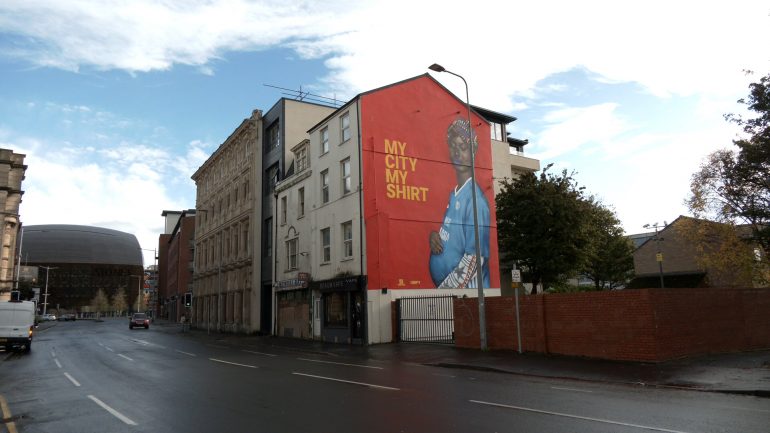Thirty five years after Lynette White’s murder, attitudes towards sex workers in Cardiff have changed but support for the people in the industry is still overlooked, says an expert.
Nici Evans, who supported Cardiff’s sex workers for 12 years as part of Cardiff Public Service Board, said people like Lynette may still be going under the radar due to a lack of help.
The main agency helping sex workers in Cardiff, Streetlife, estimated in 2016 that there were 140 sex workers operating on Cardiff’s streets – but Streetlife doesn’t have consistent funding, according to Evans.
“Services for sex workers are absolutely diabolical,” she said.
“The Welsh government have just put it in the ‘too hard’ box. That’s not to say that people don’t care about individual cases, but a strategic response to sex work in Cardiff and in Wales doesn’t exist.
“There’s no leadership and there’s no appetite for leadership because it’s too complicated.”
Evans says that although the nature of sex work has changed and many workers now operate online rather than on the street, those that do work on the streets are still vulnerable.
“There have been shifts in policing attitudes but women won’t report to police,” she said.“They’re frightened that if they come forward they’ll be taken down a criminal justice route and not a supportive route and they also believe that they won’t be believed that they’ve been raped.
“That definitely hasn’t changed and it will only change when police view crimes against sex workers as a hate crime.”
WHAT SUPPORT DO SEX WORKERS GET?
A Welsh Government spokesperson said: “Every woman has the right to live free from violence, abuse and exploitation. Welsh Government has always been clear about its ambition to end violence against women, domestic abuse and sexual violence (VAWDASV) – which includes all forms of sexual exploitation.
“We must also continue to challenge attitudes and change behaviours of those who are violent, abusive and exploitative. It is not for women to modify their behaviour; it is for abusers to change theirs.
“Welsh Government funds VAWDASV regions and specialist services to provide invaluable and lifesaving support to all victims of VAWDASV meaning that no matter where a victim lives in Wales, there is a strong public and specialist service ready to help.
“Our Live Fear Free helpline is a free 24/7 service for all victims and survivors of domestic abuse, sexual violence and exploitation and those close to them, including family, friends and colleagues. It is available via phone, text, email, and live chat.”
THE LYNETTE WHITE CASE
Today is the 35th anniversary of the murder of Lynette White.
The 20-year-old sex worker was killed by a client, Jeffrey Gafoor, on Valentine’s Day in 1988. Five black and mixed race men from the Docks area of Cardiff were arrested and three were convicted for her murder, in one of the worst miscarriages of justice in British History.
They were released in 1992 after an appeal found their convictions “unsatisfactory”.
It wasn’t until 2003 that the real killer, Jeffrey Gafoor was convicted.
Tim Rogers was a BBC reporter working on an investigation into child prostitution when he met Lynette White shortly before she was killed. He says that Lynette’s own story often gets overlooked in discussion about the case.
“We tend to look at the men who were wrongly convicted, we do tend to think that justice needs to be seen to be done, particularly on behalf of the victim,” he said.
He says that Lynette was visible as a vulnerable sex worker and should have been on the authorities’ radar sooner.
“There seem to be very little attempt to dissuade her (from sex work) or find out what the issues were in her life,” he said.
“I think society turned a blind eye.
‘She deserved support. she certainly deserved justice.
“We should never forget Lynette White.”

